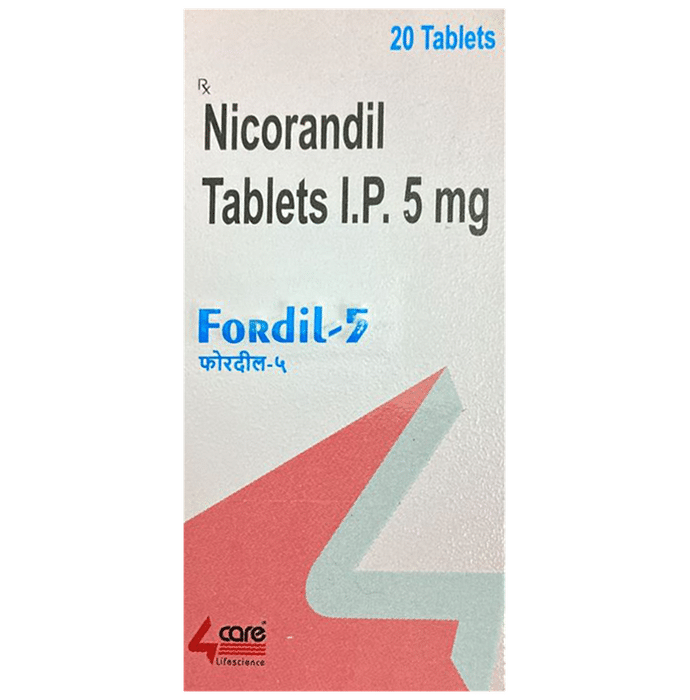lorandil
Introduction to Lorandil
Lorandil is a medication primarily used to manage and prevent angina, a condition characterized by chest pain due to reduced blood flow to the heart. It helps improve blood flow and reduce the heart's workload, thereby alleviating symptoms.
Composition of Lorandil
Lorandil contains the active ingredient Nicorandil, which works by widening the blood vessels to enhance blood flow to the heart.
Uses of Lorandil
- Prevention of angina attacks
- Management of chronic stable angina
- Improvement of blood flow to the heart
Side Effects of Lorandil
Common Side Effects:
- Headaches
- Flushing (a feeling of warmth and redness in the skin)
- Dizziness
Serious Side Effects:
- Ulcers in the mouth, stomach, or intestines
- Severe drop in blood pressure
Precautions of Lorandil
Before taking Lorandil, inform your doctor if you have any medical conditions such as low blood pressure, heart failure due to fluid buildup, or a history of ulcers. Avoid using Lorandil with other nitrate-based drugs. Always consult your healthcare provider for personalized advice.
How to Take Lorandil
- Take Lorandil as prescribed by your doctor.
- The usual dose is 10-20 mg taken twice daily.
- Can be taken with or without food.
- Do not adjust the dose without consulting your doctor.
Conclusion of Lorandil
Lorandil is an effective medication for managing angina by improving blood flow to the heart. While it is generally well-tolerated, it is important to be aware of potential side effects and take necessary precautions. Always follow your doctor's instructions and consult them for any concerns regarding its use.

Similar Medicines
More medicines by Bison Biotec Pvt Ltd
Available in 2 variations

Lorandil 5mg Tablet
strip of 30 tablets

Lorandil 10mg Tablet
strip of 30 tablets
Disclaimer : This information is not a substitute for medical advice. Consult your healthcare provider before making any changes to your treatment . Do not ignore or delay professional medical advice based on anything you have seen or read on Medwiki.
lorandil
Prescription Required
Manufacturer :
Bison Biotec Pvt LtdComposition :
nicorandil










.svg)
